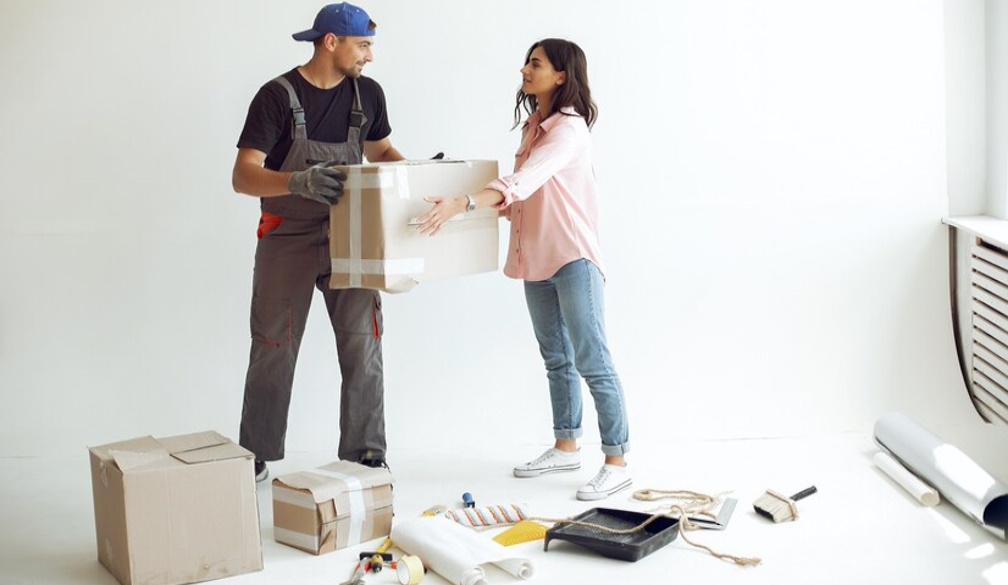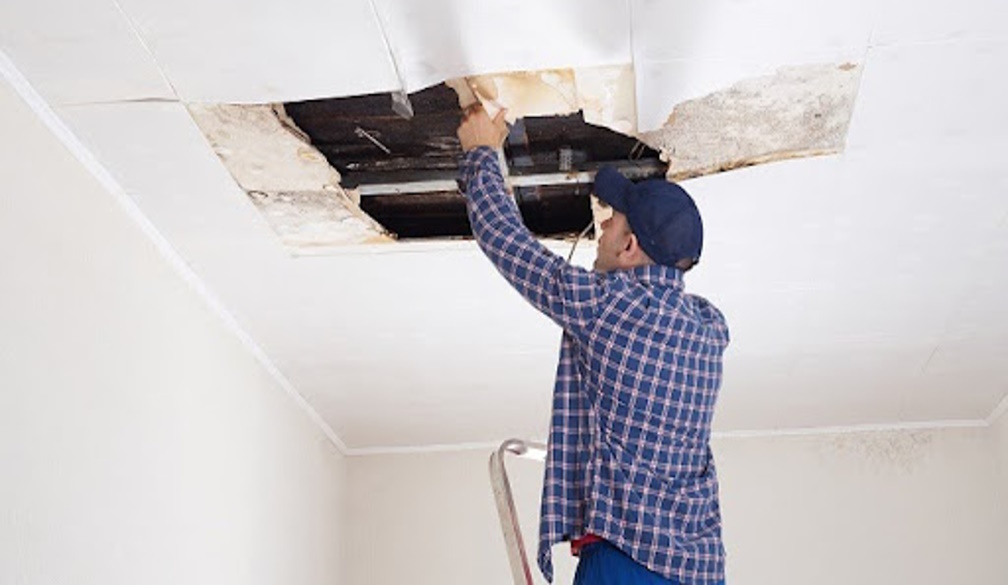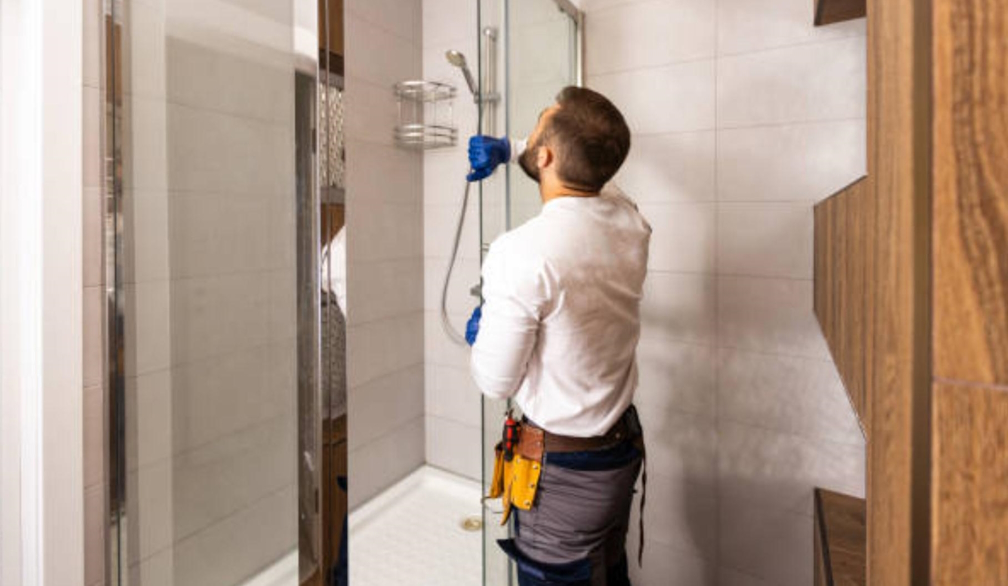Why school kids need more exposure to the world of work
- Written by Kate Torii, Policy Analyst, Mitchell Institute, Victoria University

All students need to experience the world of work, particularly work of the future, long before they leave school, according to a new report out today.
The latest Mitchell Institute report, Connecting the worlds of learning and work, says collaborating with industry and the community is vital to better prepare children and young people for future work and life. And governments need to play a leading role to ensure this happens.
Read more: Partnering with scientists boosts school students' and teachers' confidence in science
Jobs in the digital age, and the skills and capabilities required to do them are transforming at an unprecedented rate.
Schools alone cannot be expected to foster the complex combinations of STEM (science, technology, engineering, maths), digital and transferable skills, like collaboration, problem solving and communication, that young people will need in their future careers. That’s in addition to core skills like literacy and numeracy.
Bringing together the classroom and the workplace has broad public benefits, but can be challenging to do in practice.
Read more: Mining young minds: the challenges of private interests and education
Why is this important?
Exposure to the world of work provides opportunities for students to build connections with professionals outside their usual family networks, and to learn by “doing” in real world contexts.
Students picked by design thinking, coding and interview skills with this school-industry partnership.This offers some valuable benefits – enriching school learning, building students’ employability, and helping them develop the capabilities (such as problem solving, collaboration, and resilience) that we know are valued in work and life.
Read more: Lack of workers with 'soft skills' demands a shift in teaching
Some students already have access to valuable experiences like industry mentoring and entrepreneurship programs at school, but this isn’t the case for all students.
With young people spending longer in formal education, many might not connect with the world of work until their 20s.
For these students, once they complete their education, the “new work reality” is the average transition time from education to full-time work is now up to five years, compared to one year in 1986.
Traditionally, practical industry-focussed learning was anchored in vocational education and training, but participation rates in vocational pathways are declining.
Read more: Vocational education and training sector is still missing out on government funding: report
Shaping career choices
Young people’s pathways are formed early – with career aspirations often following traditional gender stereotypes, and tending to reflect students’ interest and achievement in traditional school subjects. A lack of interest in STEM subjects at age 10 is unlikely to change by age 14.
Varied opportunities to engage with the world of work, through career talks, mentoring, and excursions to job sites can be valuable from primary school through to secondary school, particularly for students at risk of disengagement.
Early exposure is critical to ensure that students can make informed decisions about future career pathways.
Read more: Careers education must be for all, not just those going to university
Haven’t we heard this before?
There have been attempts to put school-industry partnerships on the national agenda over the past decade, but they still haven’t reached every school.
As the recent Gonski 2.0 Review found:
“While many models of school-community engagement exist in Australia, school-community engagement to improve student learning is not common practice and implementation can be ad hoc.”
We haven’t yet found a way to bring the workplace and the classroom together in an effective way.
What’s stopping this?
We need to address some systemic barriers to enable partnerships with industry to flourish in all schools:
Partnerships take time and resources for schools to initiate and manage – yet things that can be widely measured, like NAPLAN and ATAR, tend to be prioritised
We know teachers are central to making partnerships work – but many don’t have the time, or the training to know how to engage effectively with industry
There are many structural and administrative blockers that add layers of complexity for schools and industry partners. These include child safety requirements, occupational health and safety, and procurement policies for new equipment that are different in each state and territory.
Policymakers must design systems that make partnerships easier and ensure they are effective and available in all schools across Australia.
Here’s what governments can do
1. Track school-industry partnerships to ensure equity and help planning
Governments need to track where partnerships are happening, what they involve, how effective they are, and who is missing out. This information can inform government reforms that ensure resources are allocated equitably across the education system, and assist schools and industry to plan effective partnerships.
2. Support teachers by giving them time and resoources
Partnerships need time and resources. We need to give teachers time to engage in partnerships and provide them with professional learning and support to more easily facilitate effective partnerships. This may include using intermediaries, which come in many forms, such as industry peak bodies, government agencies and not-for-profit organisations.
3. Address barriers to make it easier for all to take part
For partnerships to be successful everywhere, governments need to address the structural barriers (regulatory and governance issues), information barriers (finding partners to connect with and understanding how to meet both school and industry needs), and equity barriers (ensuring the schools that benefit the most are connected to suitable industry partners).
Authors: Kate Torii, Policy Analyst, Mitchell Institute, Victoria University
Read more http://theconversation.com/why-school-kids-need-more-exposure-to-the-world-of-work-100590


















